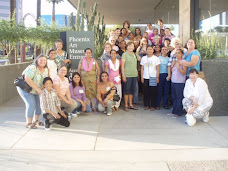- The secularization of government. In the western world this is "the separation of church and state." This has been a gradual progression. First was the separation of Pope and Emperor. Then Monarchy by divine rule was replaced by the rule of law. Then the application of this principle by rulers subject to the rule of law in increasing applications such as impeachment, war crimes accountability and the encroachment of international law. In the West, the extent of the seculariztion of government is continually tested as the role of religion is tested.
- Incorporation of a scientific (naturalistic) approach to problems. The dualism of Christianity has permitted a naturalistic approach to the physical world and a spiritual approach to the mental/emotional world. Pscychology and philosophy are continually pushing the dividing line in mental processes but the essence of the dualism is strong enough to give freedom to naturalistic exploration within a religious framework.
- A natural and supernatural view of revelation. Dualism has permitted both a historical critical analysis of scripture and appeal to its authority.
Dualism is what makes it possible for an ancient religion to co-exist with modern naturalism. It may sound like hypocracy or compromise, but it is written into our created identity. We have physical bodies and immaterial souls. We live in a physical world with consistent laws but also are indwelt by the Holy Spirit who surprises us with supernatural impact on our very physical lives. We have a brain with chemical reaction and electrical impulses that often perceive the promptings of the Holy Spirit and sense the presence of God. We rest our faith on a real person named Jesus who is the eternal Logos.
Without Jesus, there is little hope of Islam to get it. Without the serious view of the incarnation of Christ, what can be the basis for a balancing dualism? Their scriptures were given by divine verbal dictation with no participation by the human author. How can they trust a secular government when their basis beliefs require government throught the Koran?
